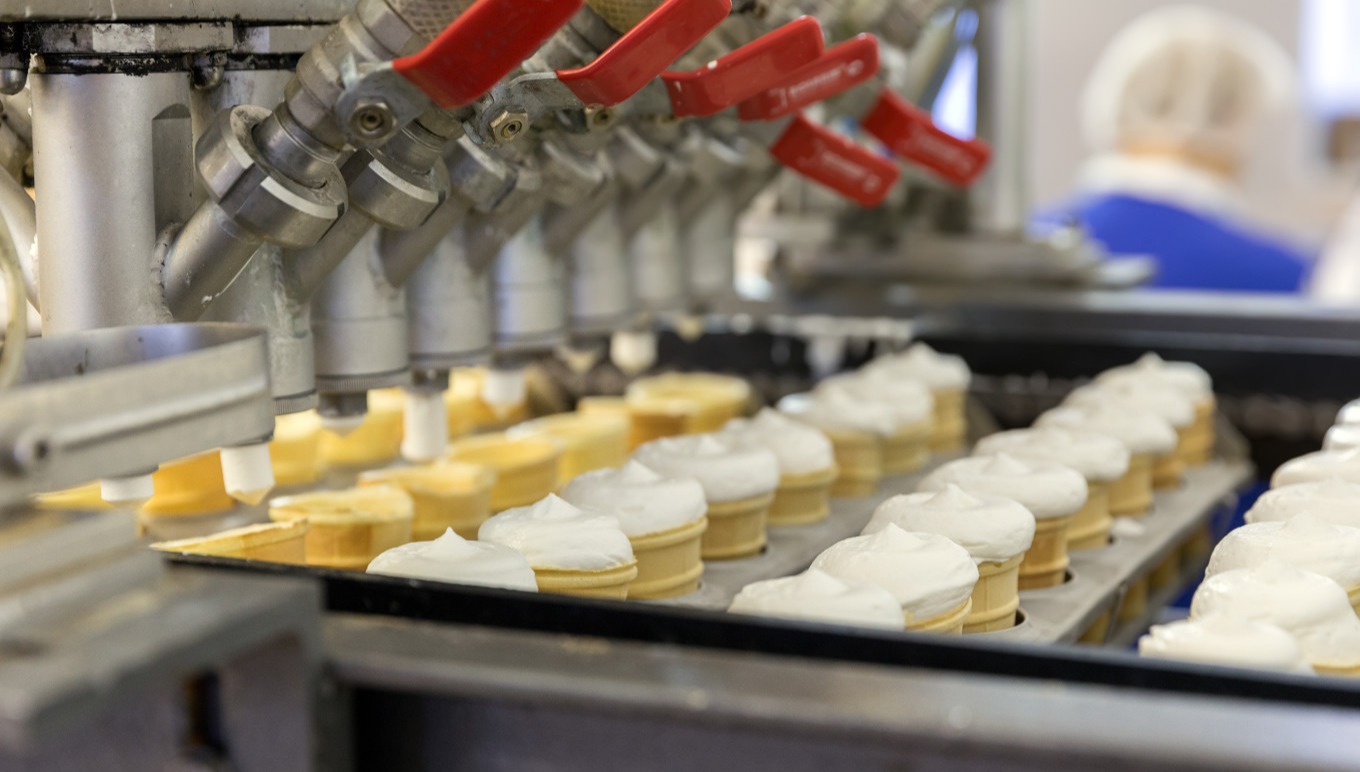In today's conscientious consumer landscape, the need for fairly sourced and lasting items has surged. Private label food manufacturers have actually emerged as innovators in this domain, often teaming up with agreement food manufacturers to spearhead sustainability as well as responsible sourcing efforts. With an undaunted dedication to ecological ethics, personal label brand names have made it their objective to supply lasting, high-grade choices to customers.
Private Label Food Manufacturers
In recent years, private label food manufacturers, likewise called own brands or store brand names, have actually seen an exceptional surge in popularity. These suppliers generate goods offered under the logo of a retailer, grocer, or exclusive entity. What sets private-label items apart is their ability to provide affordable rates without endangering on quality.
Agreement Food Manufacturers

Several private-label food makers join forces with contract producers to create their line of product. Agreement food producers are specialists in producing foodstuff for private labels. This strategic partnership permits personal label firms to take advantage of the experience, sources, as well as specialized food manufacturing facilities of their collaborators.
Sustainability at the Core
Private label food manufacturers utilize various approaches to boost sustainability within their supply networks:
Moral Sourcing:
Personal label companies are increasingly dedicated to sourcing ingredients according to ethical and fair trade standards. This entails guaranteeing that producers and employees of resources, such as coffee beans, spices, or cacao, receive reasonable payment for their efforts.
Regional Sourcing:
Prioritizing regional sourcing of active ingredients is one more hallmark of private-label food manufacturers. This not just minimizes the carbon footprint related to transport however likewise supports regional farmers and neighborhoods.
Organic Contents:
With the health food market growing, exclusive labels are reacting by incorporating organic active ingredients right into their line of product. Organic farming techniques focus on soil health and wellness while shunning artificial chemicals and plant foods.
Sustainable Seafood:
Private Label Food Manufacturers are diligent in ensuring that the fish and shellfish they make use of is sustainably harvested, sticking to standards set by companies like the Marine Stewardship Council, which advertises responsible angling.
Lowered Food Waste:
Exclusive label firms are proactively servicing lowering food waste by carrying out effective manufacturing procedures and creating products with longer shelf lives. Some brand names are additionally partnering with food rescue companies to contribute surplus food to those in need.
Eco-Friendly Packaging as well as Efforts
Sustainability efforts by private-label food producers prolong past sourcing components to incorporate packaging and also environmentally friendly campaigns:
Sustainable Packaging:
Exclusive label brands have actually accepted environment-friendly packaging options, consisting of recyclable, naturally degradable, or compostable materials. Revamping packaging to reduce excess material as well as decrease environmental effect is a top priority.
Waste Reduction:
To reduce wastefulness, private-label food suppliers maximize item dimensions, lower excess product packaging, and discover cutting-edge product packaging options. Some brands also urge clients to take part in recycling programs.
Power Performance:
Lots of private label makers are purchasing more energy-efficient production plants, reducing water usage, and also adopting renewable resource sources to additionally reduce their ecological footprint.
Carbon Neutral Initiatives:

Some private brand name food manufacturers are taking enthusiastic steps to achieve carbon neutrality by countering their greenhouse gas discharges with reforestation projects and renewable resource credit histories.
Difficulties and the Roadway Ahead
Regardless of the substantial strides made in sustainability and also liable sourcing, private-label food manufacturers face difficulties. Stabilizing sustainability with cost-effectiveness can be a delicate act, sometimes requiring compromises on lasting ingredients or the expedition of environmentally friendly alternatives.
However, the future of private-label food manufacturing holds fantastic guarantee. As consumer recognition and need for sustainable products remain to increase, private-label brand names and also their contract food manufacturing companions are most likely to heighten their efforts. Partnership with providers and investment in lasting technical developments and also openness will be critical fit a sustainable future for the market.
Regularly Asked Concerns
Q1: What are private label food manufacturers?
Private label food manufacturers create items offered under the logo design of a retail store, grocer, or exclusive entity. They offer competitively priced items without compromising on quality.
Q2: Exactly how do private label food manufacturers advertise sustainability?
Private label food manufacturers advertise sustainability via ethical sourcing, regional ingredient procurement, using organic active ingredients, lasting fish and shellfish methods, as well as initiatives to reduce food waste.
Q3: What environmentally friendly product packaging choices do private label brands utilize?
Personal label brand names adopt green packaging alternatives such as recyclable, naturally degradable, or compostable materials. They also revamp packaging to lessen excess material and also reduce ecological effect.
Q4: What tests do private label food manufacturers face in sustainability efforts?
Balancing sustainability with cost-effectiveness is a major obstacle for private label food manufacturers. This may need compromises on lasting ingredients or the exploration of environment-friendly alternatives.
Conclusion
Private label food manufacturers are at the leading edge of the sustainability and responsible sourcing movement within the food market. Their dedication to ethical sourcing, regional procurement, natural ingredients, and also lasting Private label food solutions techniques, as well as their devotion to green product packaging and waste reduction campaigns, show their decision to fulfill the needs these days's eco-conscious consumers.
In spite of the difficulties they deal with, private label food manufacturers are poised for a promising future. With customers progressively prioritizing sustainability, the market is most likely to witness even higher partnership with distributors, financial investment in sustainable modern technologies, as well as a dedication to openness. As we move on, private label food manufacturers will certainly continue to play a crucial duty fit an extra sustainable as well as ethical food landscape for all.